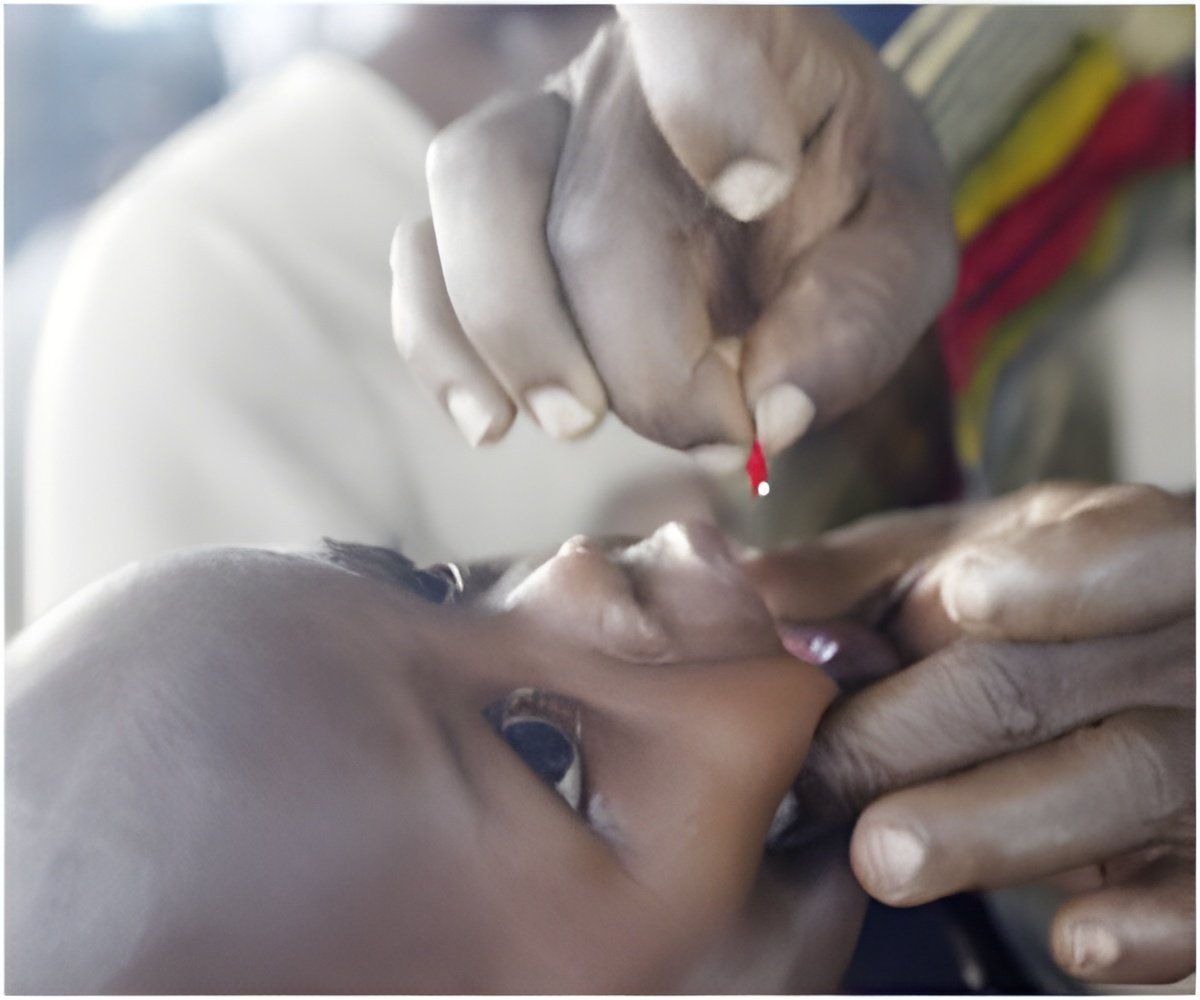Research led by the London School of Hygiene & Tropical Medicine has revealed that the health of Maasai children is very poor compared to other ethnic groups.

The Maasai are traditionally semi-nomadic pastoralists; relying predominantly on livestock herding as a way of life.
Owing to their distinctive customs and dress, and their proximity to the popular East African wildlife parks of Tanzania and Kenya, which attract hundreds of thousands of tourists annually, the Maasai are the most globally recognisable ethnic group in sub-Saharan Africa. However, this study of over 3,500 households across 56 villages highlights that this 'fame' is not met with good fortune with respect to child health.
David Lawson, Research Fellow in Population Health at the London School of Hygiene & Tropical Medicine and lead author on the study said: "The Maasai face a number of challenges, including vulnerabilities to drought, substandard service provision and on-going land grabbing conflicts in the region. This is the first study to quantify differences in child health between the Maasai and neighbouring ethnic groups that rely more on farming. Our findings are alarming."
The researchers conclude that the evidence could be used to reinforce support for targeted initiatives that address the health needs of the marginalised Maasai, who have previously been "invisible" to both policy makers and health researchers due to a lack of ethnicity data in national surveys.
Source-Eurekalert














